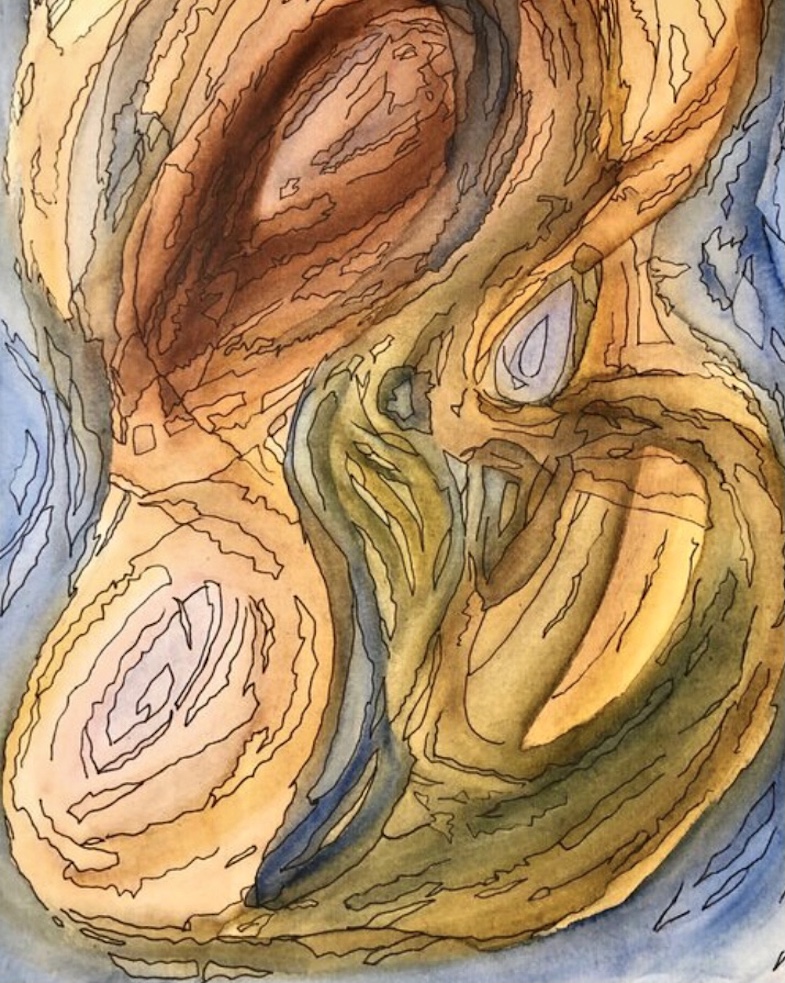Gender-based violence and gender inequality remain pervasive in both personal and public spheres.
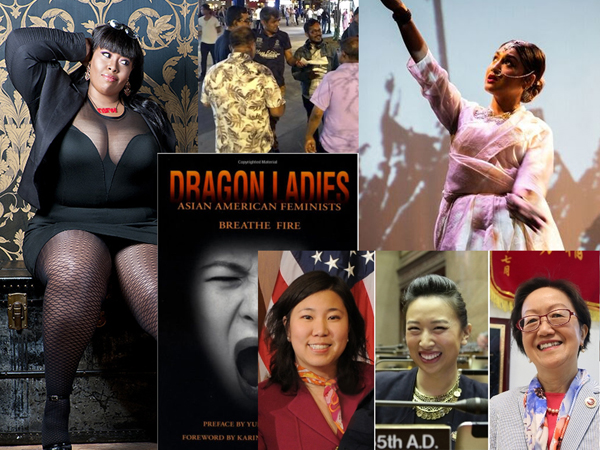
March 7, 2019

Only three days after facing 10 counts of aggravated criminal sexual abuse charges, R&B singer R. Kelly was released from a Chicago jail after posting bail last Monday. His bond had been set at $1 million; it was paid by a woman, described as a friend of the singer.
This is the cultural moment of #MeToo, where Twitter feeds and timelines constantly reek of predation. New headlines on abuse and misogyny emerge daily – from musician Ryan Adams’ aggressive pursuit of young female musicians, to the harrowing six-hour-long documentary “Surviving R. Kelly”, to the Brett Kavanaugh scandal, to allegations against Bill Cosby, Harvey Weinstein and many more. Nineteen women have accused Donald Trump of sexual misconduct. He denies them all. Trump was then caught on video saying that a celebrity like himself “can do anything” to women, including “just start kissing them … I don’t even wait” and “grab ’em by the p_____”.
This is not about a few individuals but rather, a widespread, systemic problem, even within the government. These are stories of power: those who have it, those stripped of it, and the tragic ways in which it is wielded between genders, in both personal and public spheres.
To further contextualize these issues circulating in our news today, Open City has put together a shortlist of stories that tackle several types of gender inequality and their often painful outcomes. Here is our take on toxic masculinity, sex positivity, misogyny. gender discrimination and domestic violence in various communities.
Toxic Masculinity
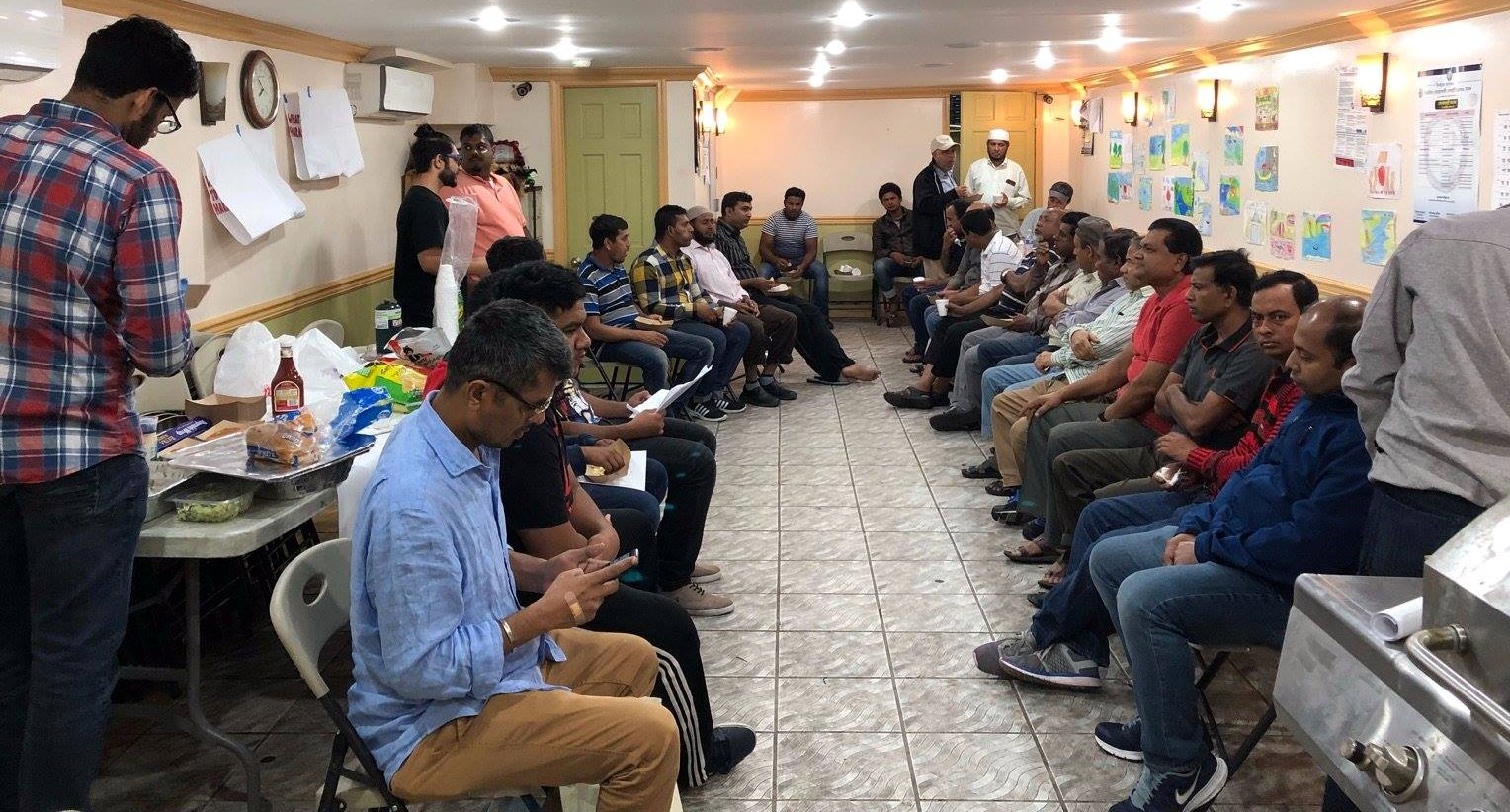
How do we begin to address gender-based violence?
Former Open City Fellow Roshan Abraham interrogates this question in the context of New York’s South Asian communities.
Abraham wrote:
“Gender-based violence has long been a stress-point in New York City’s South Asian communities, exacerbated when external tensions like poverty and immigration status mount, unthreading male egos.
In some communities, harassment, catcalling, domestic violence, and alcoholism are constants.”
Several conversations around gender inequality necessitate serious discussions on patriarchy, particularly hetero-patriarchy, and on working towards developing healthier models of masculinity and manhood. In some communities, these topics become more pressing because they have been culturally rooted for so long. Only last January, New York’s South Asian communities were rocked by the murder of Indo-Caribbean woman Stacey Singh by her husband.
A community’s culture often does much work in silencing, and even aggravating, power imbalances between genders that enable horrific acts of violence to occur. Much of the burden then of healing women and educating men is taken up by female organizations. Abraham’s piece focuses on the importance of having open conversations between men in particular, within spaces specifically structured to facilitate such discussion – because, it seems, men are just more likely to listen to each other.
“The goal is for participants to go out into their respective communities and begin dialogues about masculinity, trauma, and the safety of women in public spaces.”
Read Open City Fellow Roshan Abraham’s Where South Asian Men Process Trauma.
☐ ☐ ☐ ☐ ☐
Female Sexuality
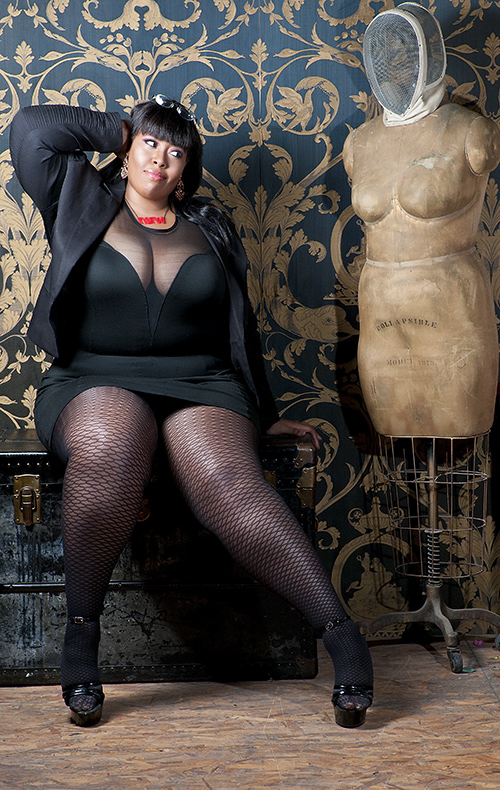
“I’m brown and fat so I never danced at any high society gentleman’s club in Manhattan. I can remember trying to get a job at a wank station in Chinatown that was looking for Asian hostesses. I actually called to see if they would consider me Asian enough. They wanted to know if I could speak English and how long my hair was. Apparently they could deal with my blackness as long as my hair was past my shoulders.”
Meet N’jaila Rhee, a writer; a phone sex operator, web cam girl, and former exotic dancer; a nerd; and a self-described “Blasian bitch.” In this interview, written by 2014 Open City Fellow Esther Wang, Rhee opens up about her experiences where sexuality has intersected with her race, weight, and appearance.
“I had to buy my identity for $220 a pop,” Rhee shared.
Her story highlights how misogyny and gender-based violence so often straddle other complex and harmful notions of race and sex. The mistreatment of women varies from community to community and also by how different communities view and perceive each other.
A persistent stigma surrounding sex work also propagates dangerous ideas about women as sexual objects who do not have agency over what they do, and who are unable, therefore, to elicit respect.
Rhee says:
“I am not your rescue project. And I had a lot of people that were basically just telling me that I was propagating racism because I was doing sex work and in a body of a non-white woman. That’s why we have racialized sexism. Which I think is ridiculous and also puts the onus on women of color, not racists, to change their disgusting outlooks.”
Rhee’s story is one of many that ache for more nuance to be brought to how sexism and gender-based violence are approached today – particularly in conversation with race and appearance.
Read Open City Fellow Esther Wang’s Let’s Talks About Sex (and Race and Gender and Intersectionality).
☐ ☐ ☐ ☐ ☐
Domestic Abuse

“The violence is emotional, financial, cultural.”
Following the tragic murders of two Indo-Caribbean women last year, there has been a growing urgency to appropriately cope with and combat domestic abuse and violence in New York’s Indo-Caribbean communities. Former Open City Fellow Roshan Abraham explores this issue further.
Abraham wrote:
“Long-time residents say domestic violence or DV has always been an issue here, one mostly spoken of behind closed doors. Attempts to talk about it have fizzled, funding has been slow to materialize… But despite a dire need for domestic violence services that are culturally appropriate, nothing formal exists in the community. Instead, informal networks of community leaders or grassroots organizations like the Jahajee Sisters, an unstaffed organization whose members volunteer their time while working full-time jobs, have filled that gap.”
The Indo-Caribbean community has been described as reticent about such issues. As detailed, misogyny and the mistreatment of women in the community are generally kept shrouded in secrecy and shame. Organizations have thus had to take a number of creative approaches to address the needs of victims, ranging from creative storytelling, leadership development programs, performance and community engagement.
“Many of those who [seek help] are undocumented and are isolated. The more precarious someone’s connections, the more likely they’re financially dependent on a male spouse. [Groups] connect them with counseling, shelter, job readiness, sometimes an emergency cash payment if they need it. They may also refer them to the Queens Family Justice Center, one of five city-run, borough-specific spaces that provide counseling and support for survivors.”
The struggles and strategies engaged by the Indo-Caribbean community offer much to learn from when tackling gender-based violence in a more insular and protective cultural community. When dealing with domestic abuse, Abraham highlights the importance of examining collective cultural and religious history first, and how it shapes gender in the current moment.
Read Open City Fellow Roshan Abraham’s Shaping a World Without Domestic Violence.
☐ ☐ ☐ ☐ ☐
Women in Power
What is a dragon lady?
Former Open City Fellow Mike Hong interrogates the terms we use for women in power, who have had to navigate racial injustice and bigotry on every step up the political ladder.
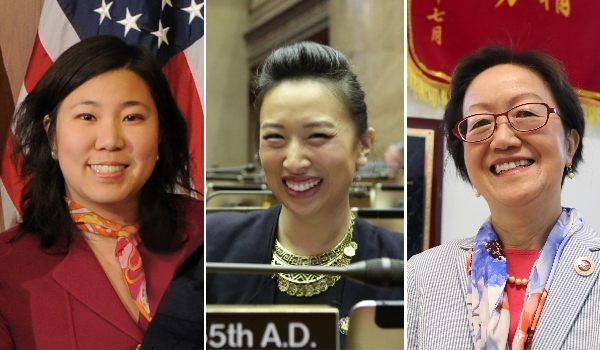
The term “dragon lady” is a Western construct, first notably used by the New York Times to describe Empress Tsu-Hsi – “The wicked witch of the East, a reptilian dragon lady” – who ruled China from 1861 to 1908. Consistent overuse, in both sexist and Orientalist ways, has come to load the label with excess negative baggage. Today, Merriam-Webster describes a dragon lady as an “overbearing or tyrannical woman.”
But like the recent reclamation of the word “bitch”, Asian American women are beginning to embrace the “dragon lady” label, choosing to own it as an expression of agency over their identities as women in and with power.
In her introduction to the book Dragon Ladies: Asian American Feminists Breathe Fire, author and journalist Sonia Shah said: ”a different sort of Dragon Lady is emerging – not a cold-blooded reptilian – but a creature who breathes fire.” Today, we view this new wave of Asian American women as “women of strength and power who have broken the glass ceiling of racial prejudice and of gender discrimination.”
Hong’s piece examines the stories of three such “dragon ladies”. One of them is Yuh-Line Niou, a New York State assemblywoman representing the 65th District, who shared her personal history and what led to her rise in the American political arena.
“My classmates took turns spitting on me, then they laughed and chanted the rhyme [‘Me Chinese, me play joke, me go pee pee in your Coke’],” Niou said. I ran home to my mom, cried to her, then I said to her, ‘I hate you for making me Chinese’.”
“My parents told me since I was a kid that as an Asian American and as a girl, I always have to work twice, three times, and even four times harder to be treated as an equal. That’s sad for parents to have to tell their kids about that, but that’s the reality.”
Read Open City Fellow Mike Hong’s Dragon Ladies.



